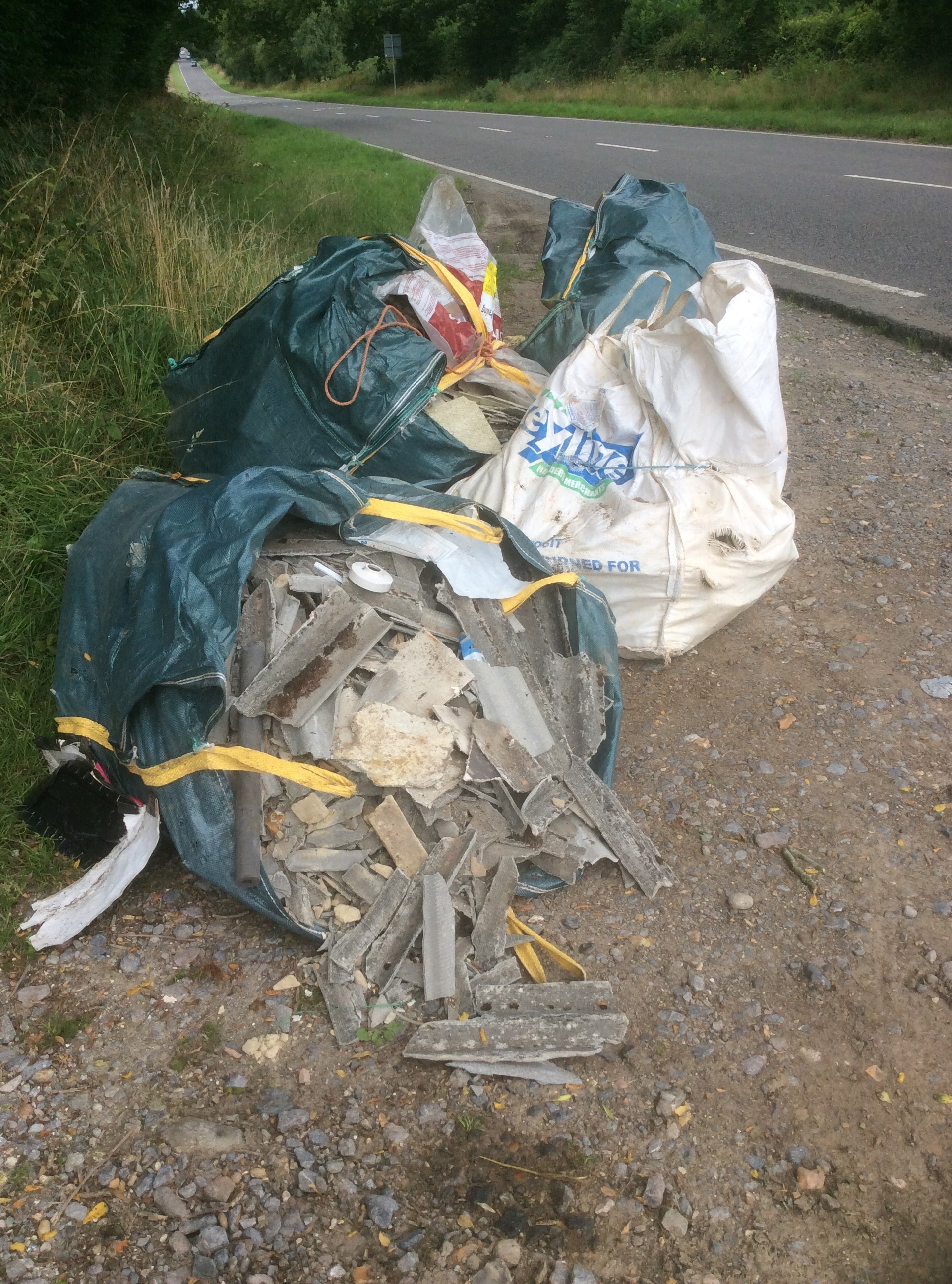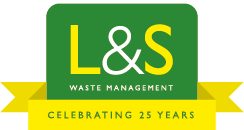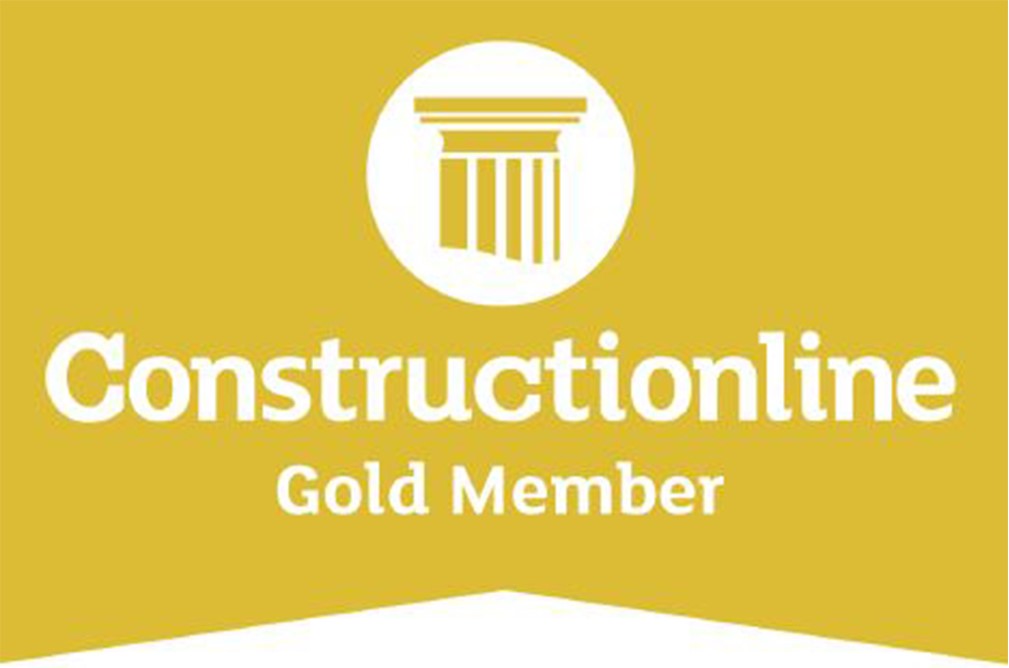Fly-tipping is on the rise and it’s hurting our communities, landowners and environment

Fly-tipping, as well as being illegal, is a public nuisance. Depending on the type and amount of waste dumped, it can often cause unpleasant smells and attract pests and vermin, such as rats and flies.
At a national level, fly-tipping appears to be getting worse. In 2018/19, statistics from Defra showed that there were over a million cases of fly-tipping in England that were handled by local authorities, at a cost of more than £57 million to the tax payer!
This is a problem exacerbated by Local Authority budget cuts and the resulting closures to several Household Waste Recycling Centres (HWRCs and or the new fees being imposed for certain types of waste to be disposed of.
So what is fly-tipping? What to do if your land has been fly-tipped on? And what are the penalties for fly-tipping should someone be caught doing it?
What is fly-tipping?
Fly-tipping is the illegal dumping or disposal of waste by those who do not hold a valid licence to do so. Often, fly tipping occurs in quiet, unauthorised areas where the perpetrators are less likely to be seen or caught. Although, more recently we have seen almost daily reports in the news of instances where perpetrators as becoming increasingly blatant, with illegal dumping occurring in several beauty spots across the South.
Is fly-tipping an offence?
Fly-tipping is absolutely an offence. Under the Environmental Act 1990, someone who commits this crime can be prosecuted, whether disposing of commercial or domestic waste. According to the law, a person would be fly-tipping if:
- Waste is deposited on a piece of land without a waste management licence
- Waste is allowed to be deposited on a piece of land
- Waste is caused to be deposited on a piece of land
- Waste is retained, treated or disposed of by someone who does not hold a valid waste management licence
- Waste is retained, treated or disposed of in a way which is harmful to the health of humans or ways which are likely to damage the environment or cause pollution
What to do if someone has fly-tipped on your land
It may seem more than a little unfair, however, if you find that a fly-tipping offence has been committed on your land then it is your responsibility as the landowner to safely dispose of the waste and pay the costs associated for doing so. However, there are a few things you must do both before and after you deal with the abandoned waste.
Clearing fly-tips
- Do not touch or look through the waste that has been dumped, as it could contain hazardous waste
- Ensure that the waste cannot be touched or interfered with by passersby
- If you see hazardous waste, such as pesticides or what looks to be asbestos, hire a specialist hazardous waste removal company to dispose of the waste safely and responsibly. L&S can assist with the safe collection and disposal of hazardous waste if required
- However, if it appears to be general waste then L&S can provide prompt and reliable caged van, waste collection services and professional site clearance services, ensuring your land is free from waste once again
- Ensure that any waste removal firm is a licensed and registered waste carrier. To check, contact the Environment Agency
Next steps
It’s important that the incident is reported to either your local authority/council or the Environment Agency. However, it’s also important to note that they are in no way obliged to remove the waste from your property. Despite this, they can still offer guidance on the best way to remove the waste and investigate how it came to be there in the first place.
What is the penalty for fly-tipping?
Prosecution for fly-tipping is enforceable by the Local Authority and Environment Agency under the Environmental Protection Act 1990. Depending on the severity of the offence, those committing the crime could end up in prison for up to five years, or be issued with a fine of up to £50,000.
Less severe fly-tipping offences can land the perpetrator in prison for up to 12 months or they will be made to pay the cost of waste removal. Some may be given a fixed penalty of £100, mainly for household fly-tipping. This fine can also be given to homeowners who fail to observe local bin collection days, thus leaving waste to accumulate unnecessarily.
Businesses can also be fined for fly-tipping offences. For example, a business that has failed to register themselves as a licensed waste carrier will be made to pay a fine of £300 and served a Fixed Penalty Notice.
If a company breaches its responsibility to dispose of waste safely and responsibly, they could be given a fine of up to £5,000. Repeat offenders may have the use of their vehicles highly restricted to prevent them from committing the offence again.
Check out our Duty of Care Guide for more information.
How to prevent fly-tipping on your land
As previously mentioned, unfortunately, the responsibility to clear the land lies with its owner. To prevent offenders from fly-tipping on your property, follow these simple steps:
- Ensure roadside gateways are gated or blocked by other obstacles, such as large logs or visible wire. If access isn’t required on a regular basis you may also want to consider installing L&S Barrier Blocks at the entrance to your site
- Ensure all gates are closed and locked when not in use
- Improve visibility around the area. Trim back hedges and cut back tree branches around your property. Fly-tippers are most likely to dispose of waste in areas where they cannot or are least likely to be seen
- Install or improve the lighting around your property to make the perimeter more visible
- Try installing security cameras, pointing onto the areas that are most likely to be fly-tipped on. If you’re on a budget, you can buy dummy cameras, which will trick offenders into thinking it’s fully operational and may record them in the act. This may act as a deterrent from dumping waste on or around your property
If you’re in need of a fly tipping clearance service then L&S Waste can help. We offer a range of professional site clearing services, such as our caged van collection service, Click & Collect waste removal or skip hire.
Company Bio
Find out why L&S is no ordinary waste management company.
Go >
L&S In The Community
Learn more about our community projects.
Go >
Meet The Team
An introduction to the L&S management.
Go >
Company Information
Incorporated in England and Wales.
Registration No: 03475329
VAT No: 537 911 627
Registered Carrier Number: CBDU198877
Registered Office: Coronation Road,
Cressex, High Wycombe,
Buckinghamshire HP12 3TZ












